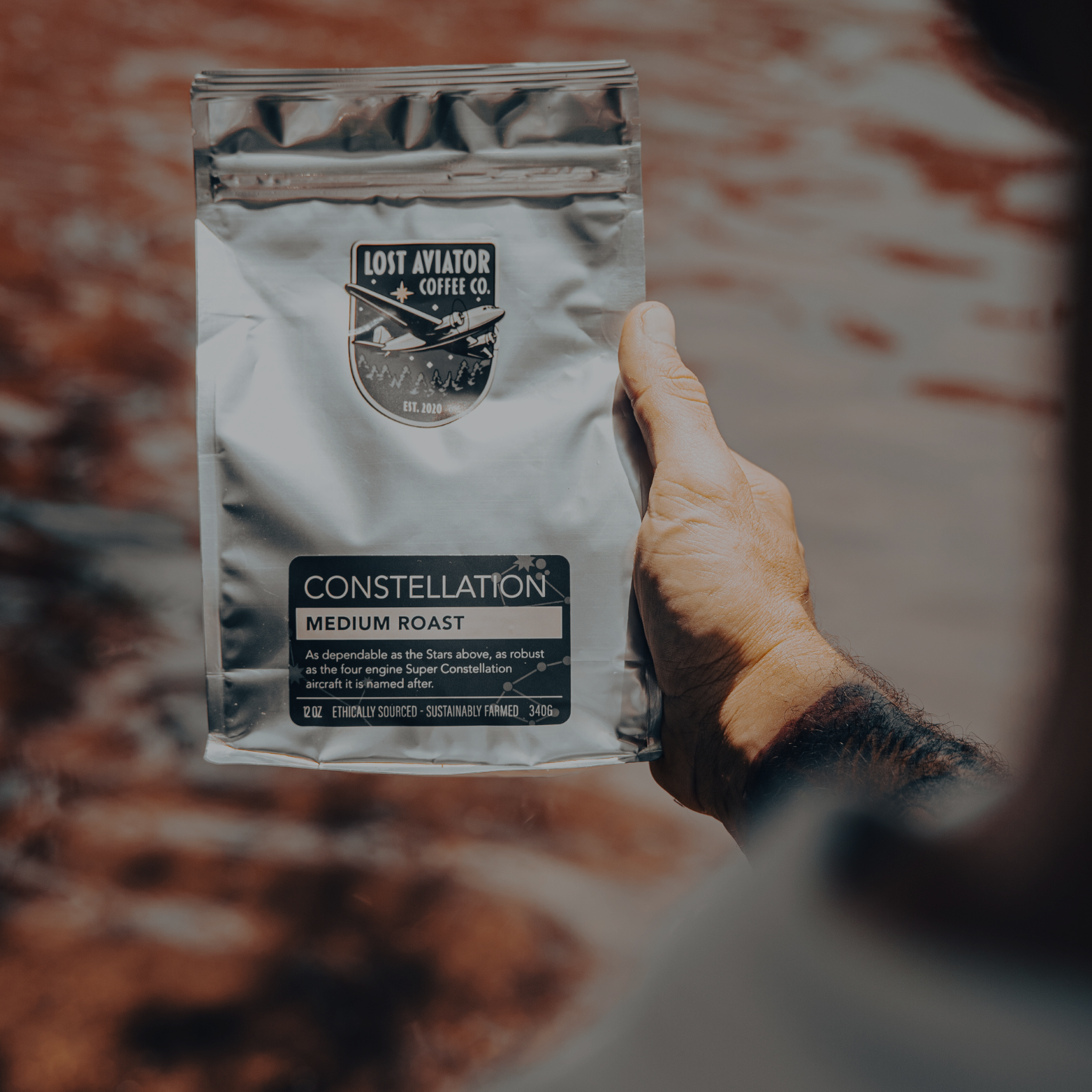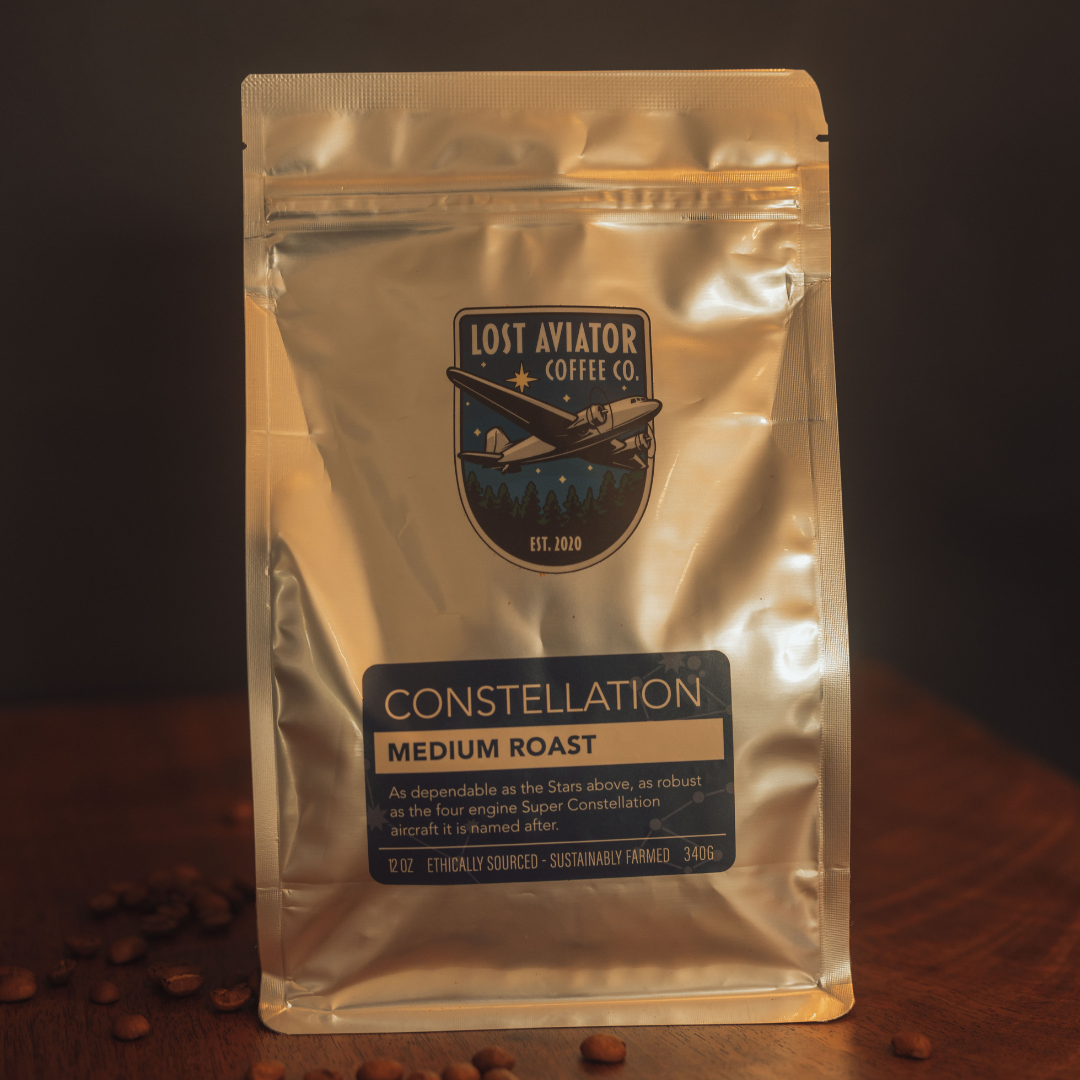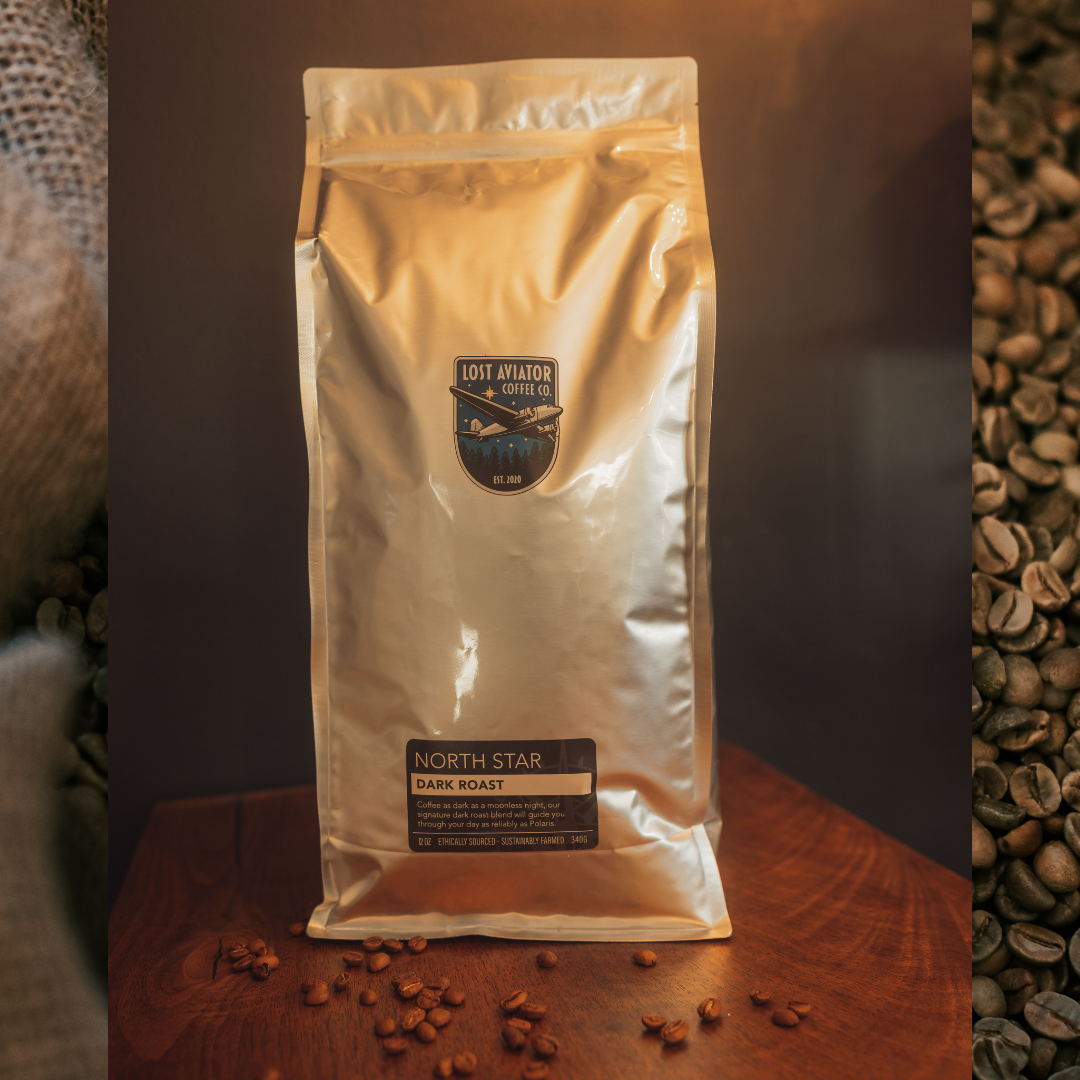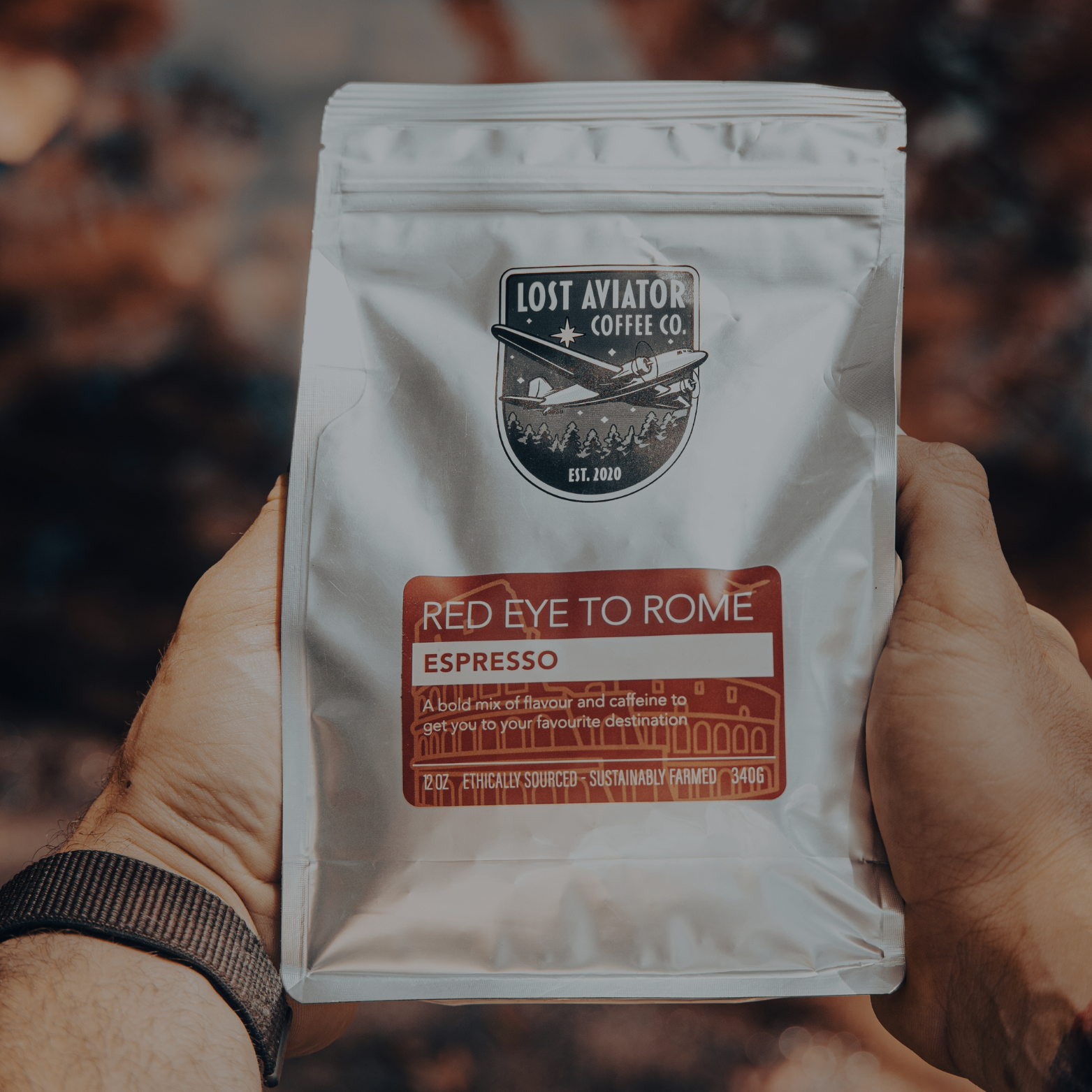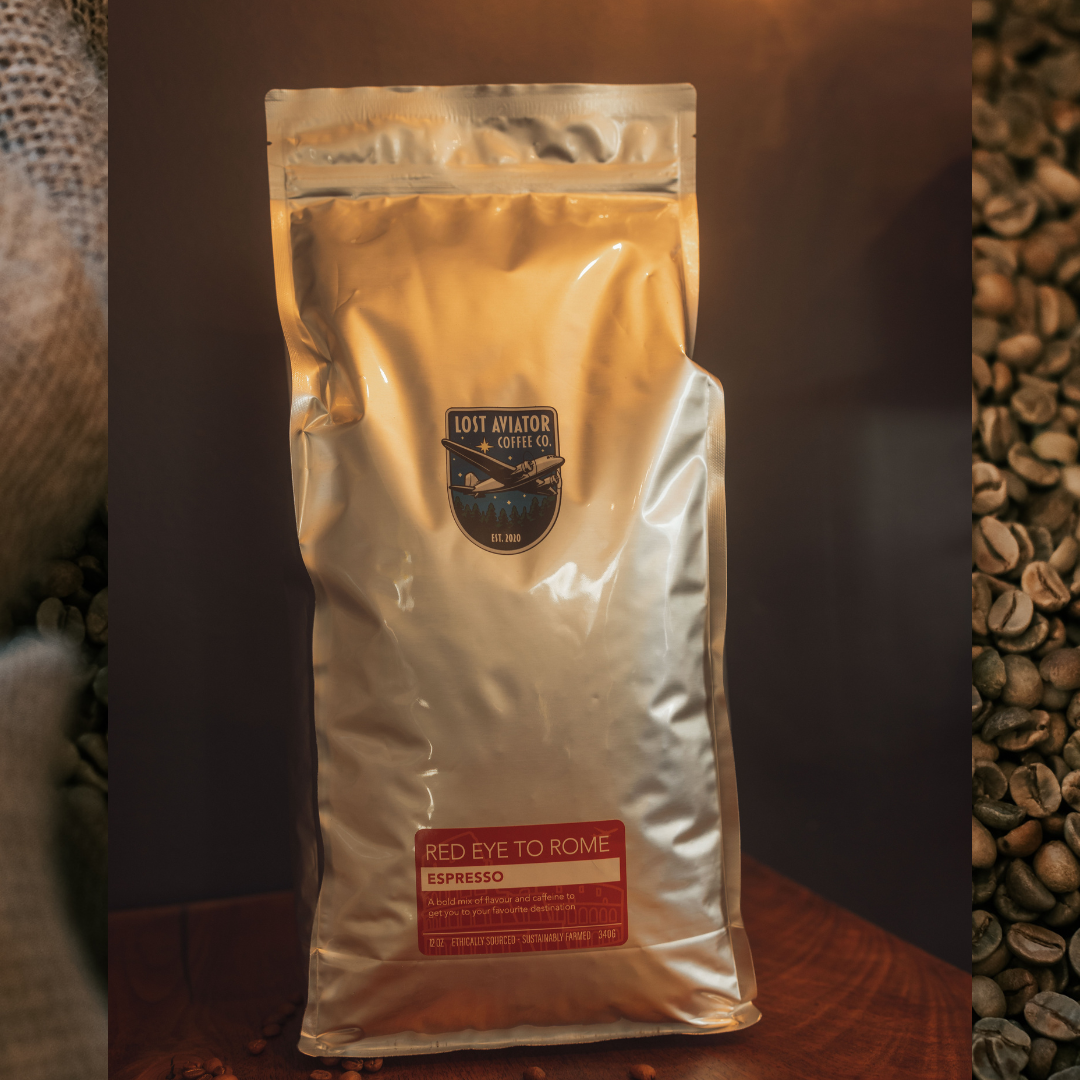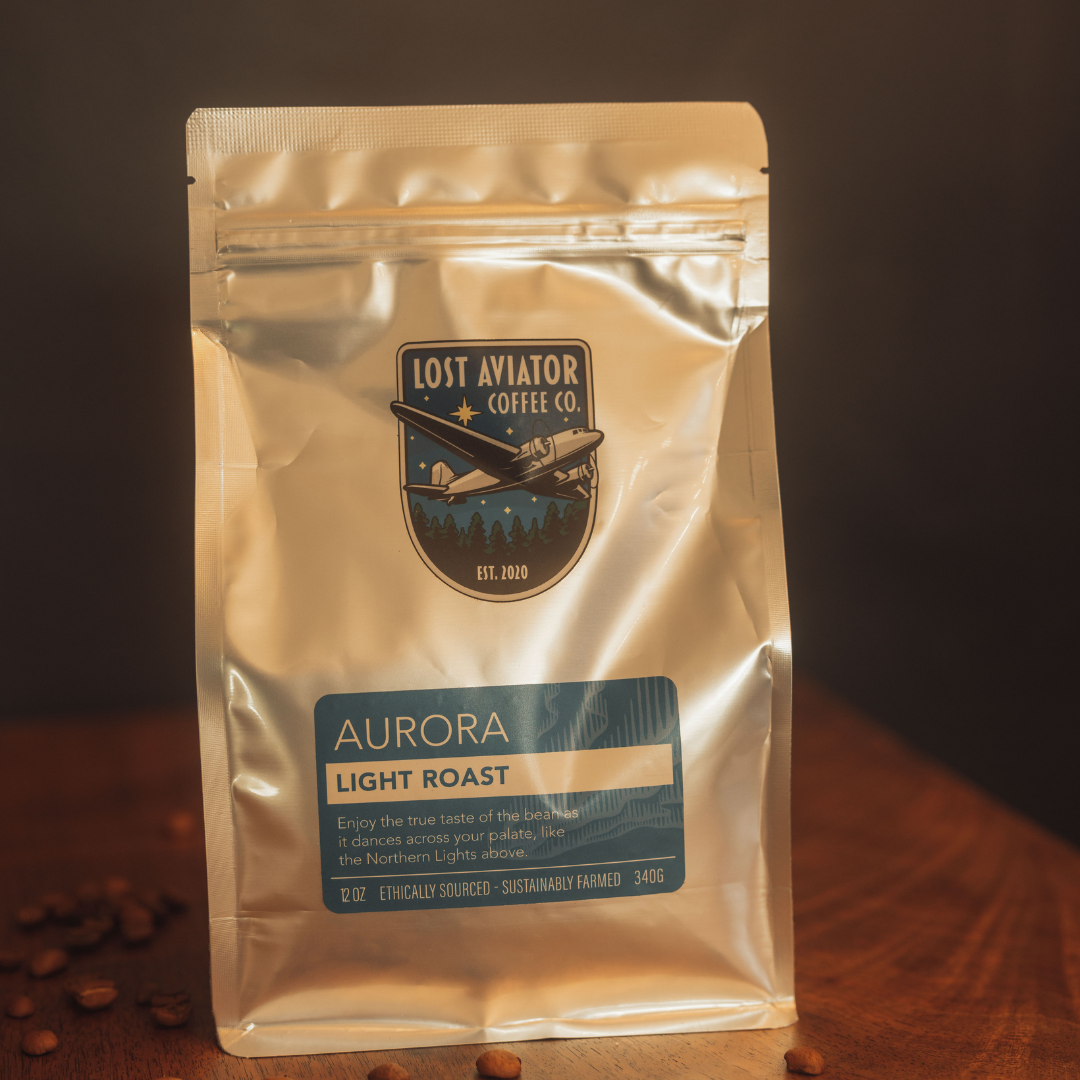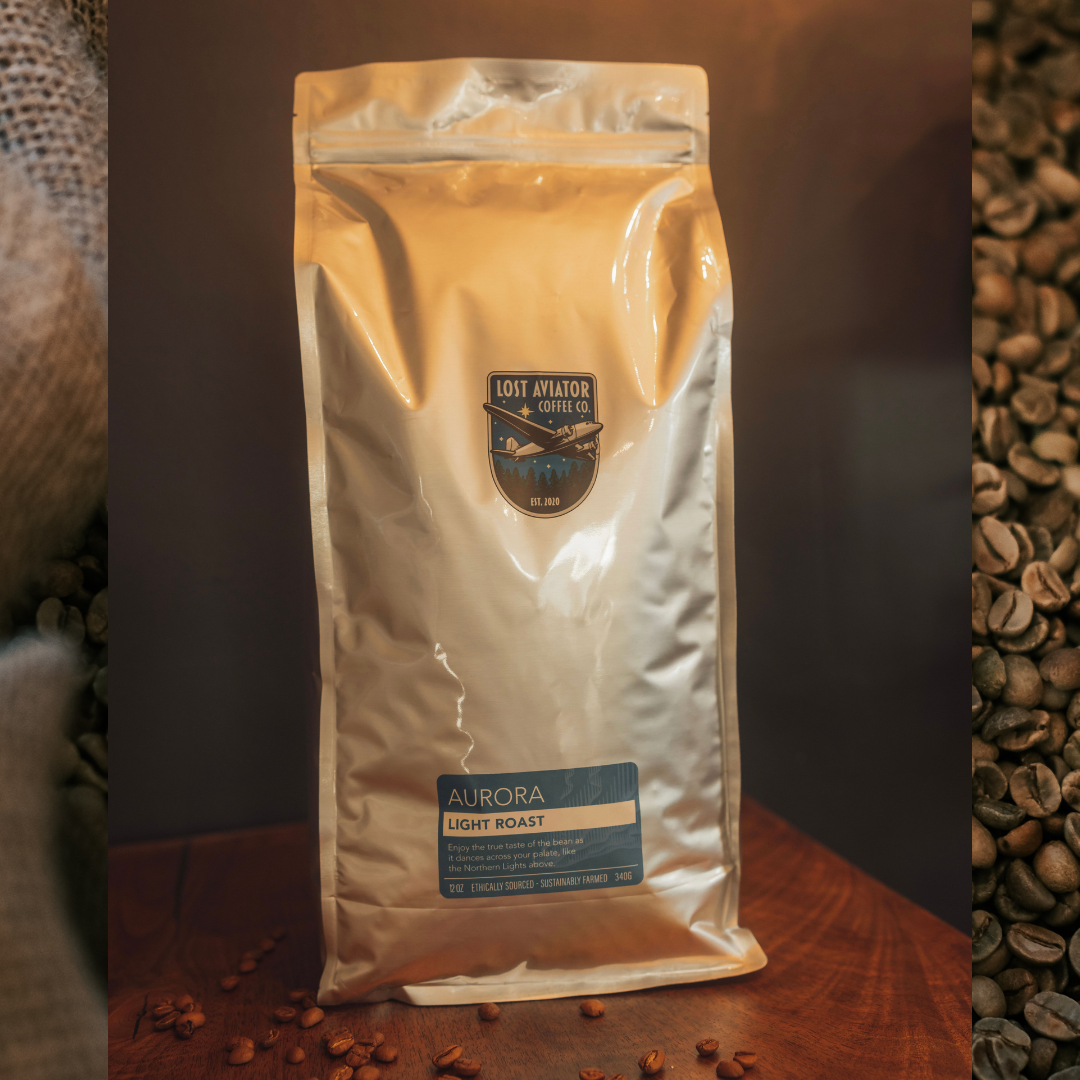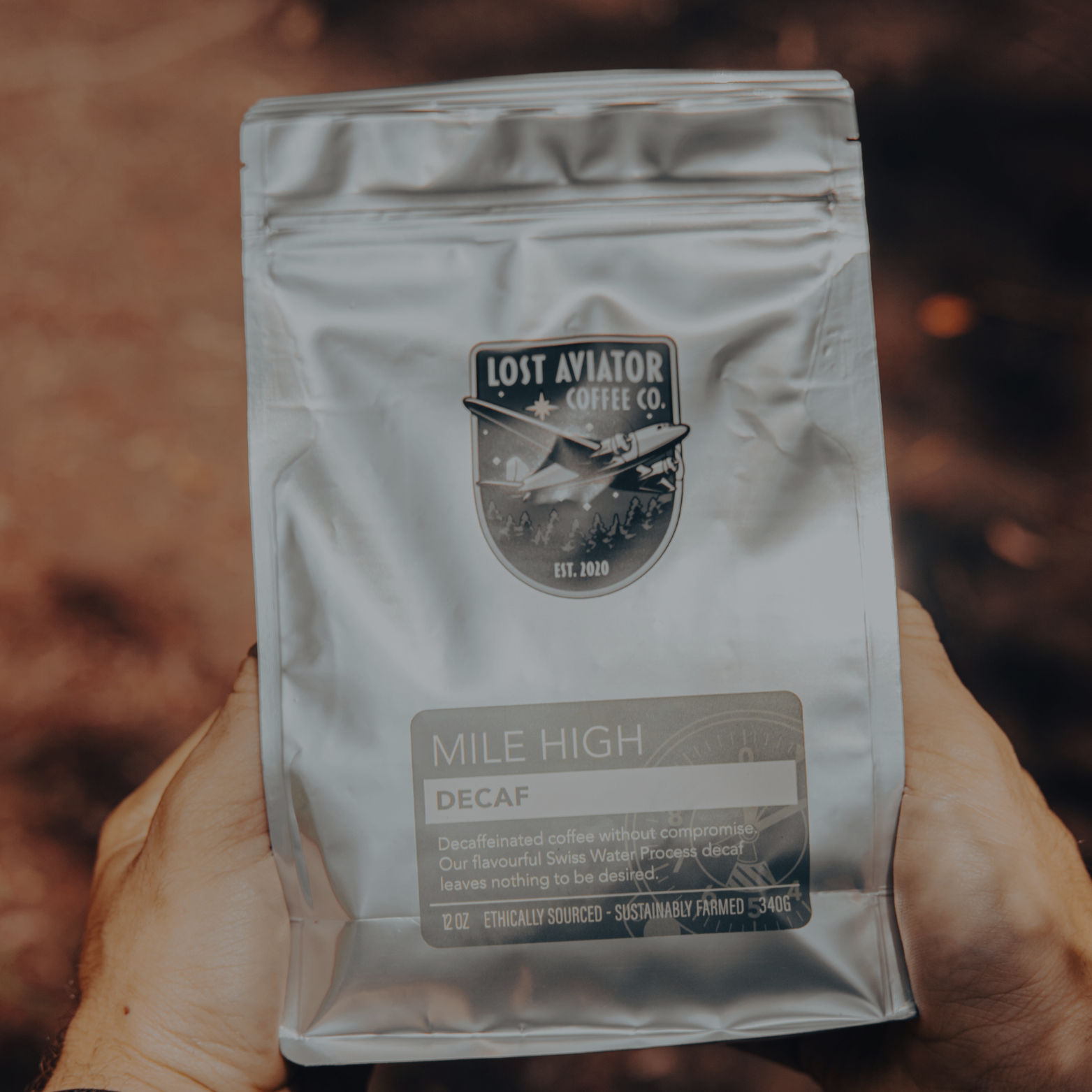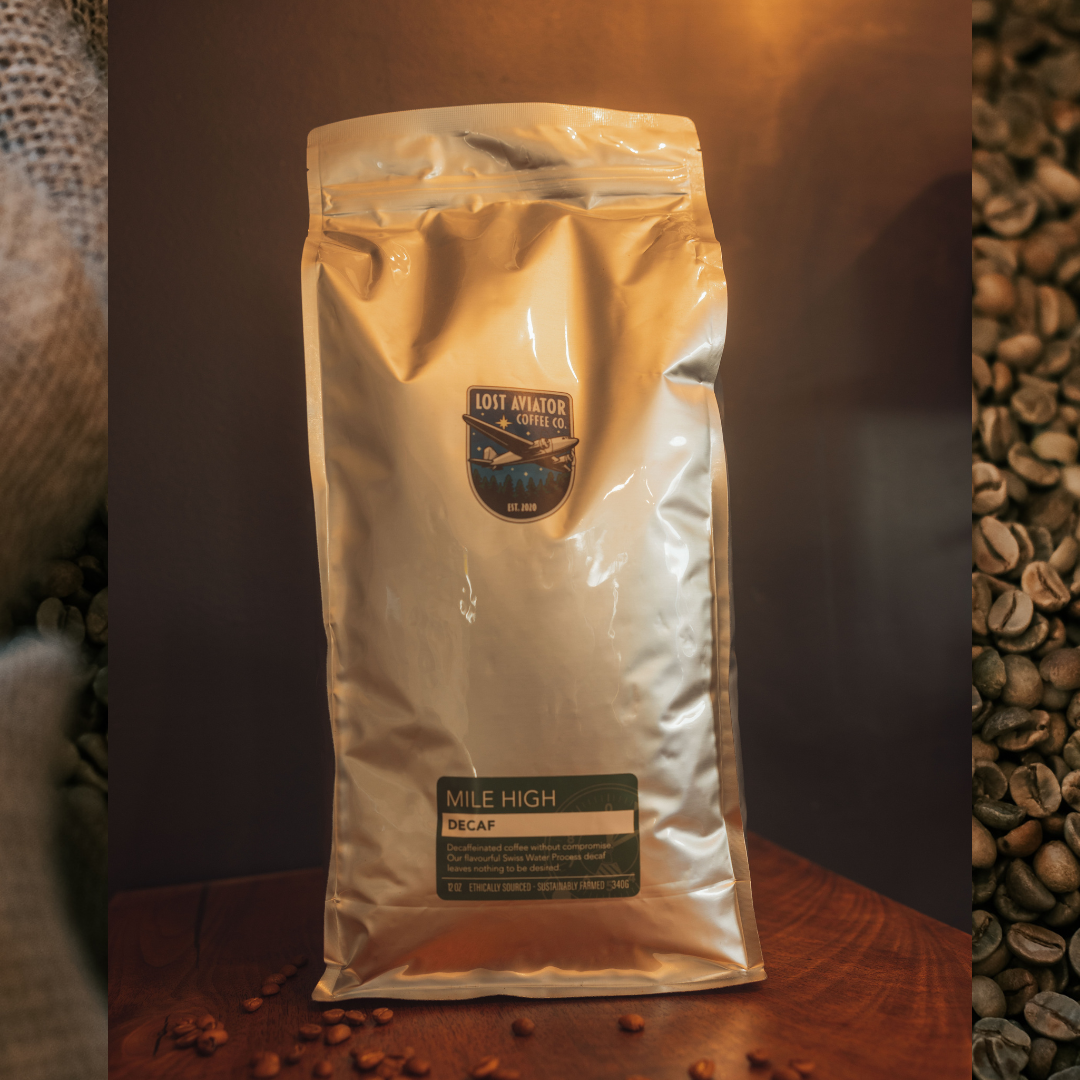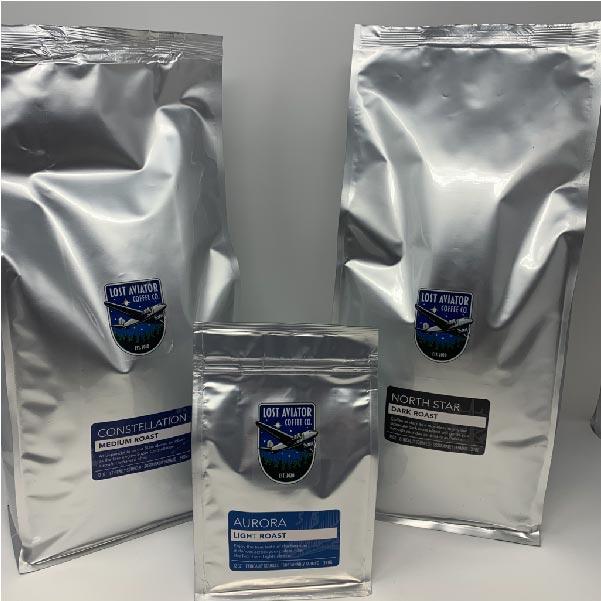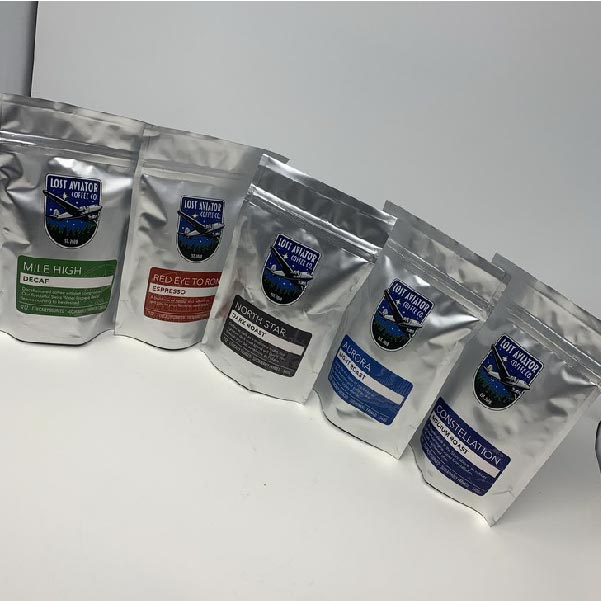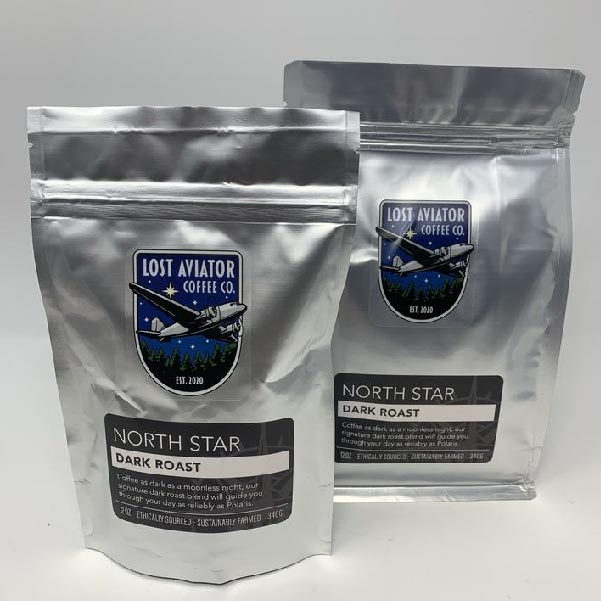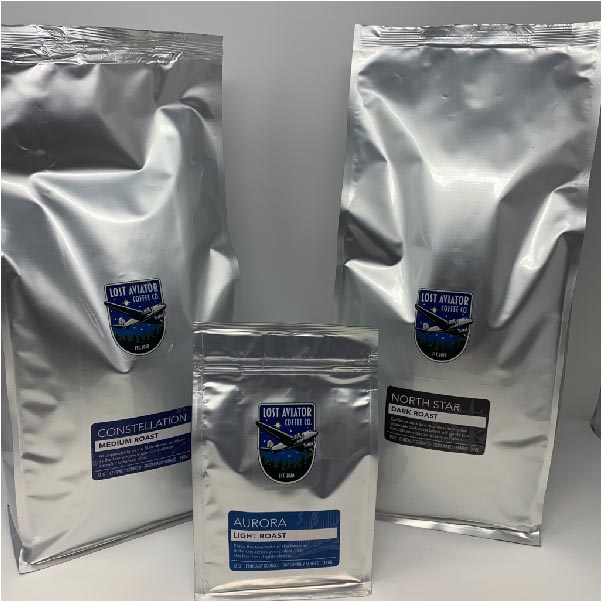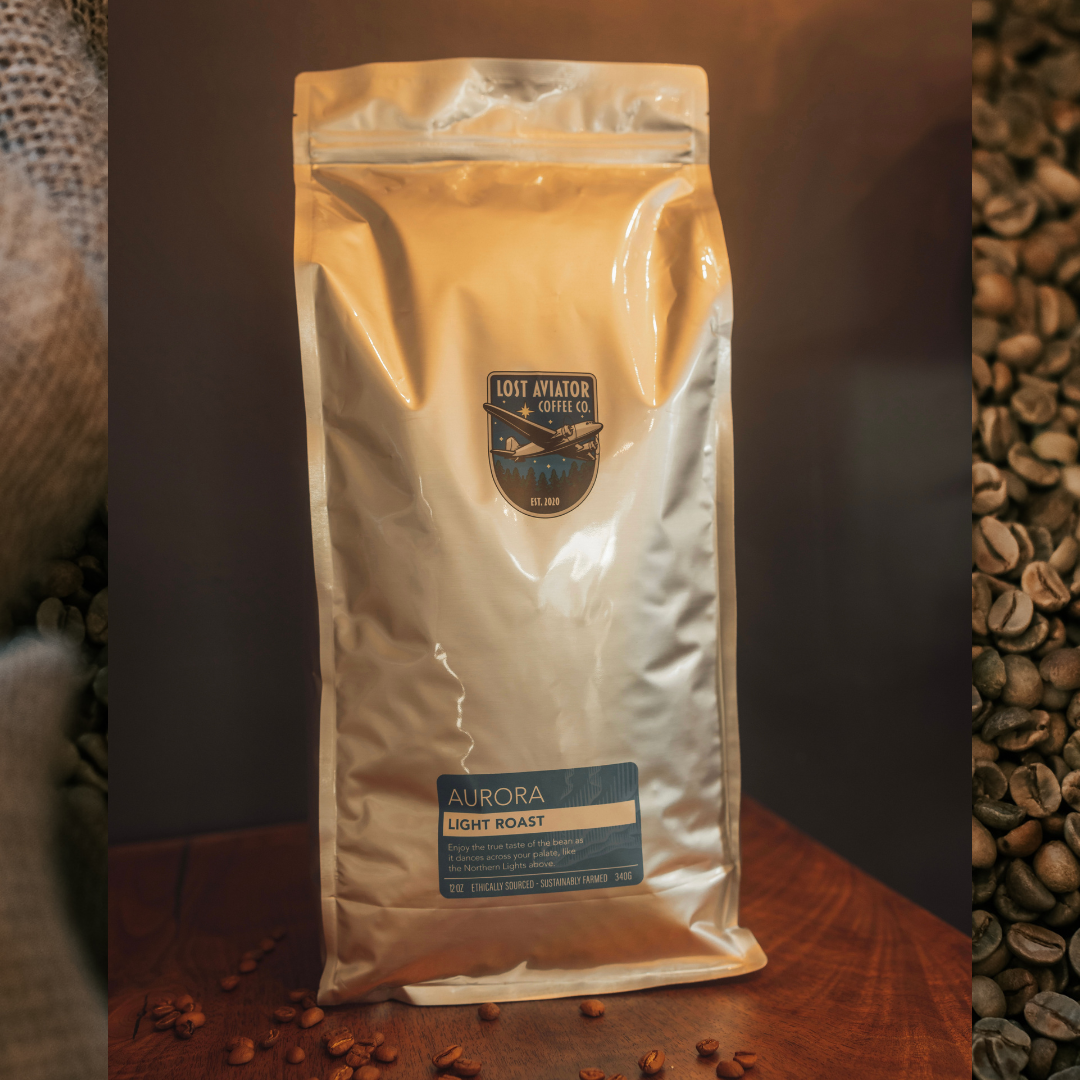
Does Cold Coffee Cause Inflammation?

When it comes to coffee, the world is divided into two camps - the supporters and the skeptics. Whether it's hot or cold, the effects of coffee on health, particularly inflammation, have been a topic of heated debate. This article aims to delve deep into the subject of cold coffee inflammation and set the record straight, discussing its effects, associated research, and potential health implications.
What's the Buzz About Inflammation?
Before we delve into the topic of cold coffee inflammation, let's first understand what inflammation is. Inflammation is our body's defense mechanism against harmful stimuli, such as pathogens, damaged cells, or irritants. It's an essential part of our immune response that helps protect us from disease and damage.
However, inflammation isn't always beneficial. There are two forms of inflammation: acute and chronic. Acute inflammation is a sudden response to immediate harm, like a sprained ankle. In contrast, chronic inflammation is a long-term condition where the body continues to produce inflammatory compounds, even without any imminent threat. This overactive immune response can lead to tissue and cell damage, contributing to various chronic diseases, including heart disease, diabetes, and even cancer.
Cold Coffee and Inflammation: The Link
Now that we understand inflammation, let's examine the relationship between cold coffee and inflammation. Contrary to popular belief, coffee, including cold brew, may exhibit anti-inflammatory properties. Coffee is a complex brew, teeming with a myriad of active compounds and antioxidants. Key players include caffeine, chlorogenic acid, cafestol, kahweol, and trigonelline, among others. These compounds are believed to exert both antioxidant and anti-inflammatory effects, which can contribute to reducing inflammation in the body.
Several studies have suggested that regular coffee drinkers, whether they prefer it hot or cold, have lower levels of inflammatory markers. One study even noted that participants who abstained from coffee for a month experienced a 6% increase in their inflammatory markers. Conversely, those who consumed substantial amounts of coffee during the same period saw an 8-16% reduction in these markers.
However, these benefits don't extend to everyone. Some individuals may have a genetic predisposition that makes them more sensitive to caffeine, leading to an increase in inflammation. Additionally, lifestyle factors such as stress and sleep deprivation can also exacerbate inflammation, negating the potential benefits of coffee.
The Sweet and Bitter Side of Coffee Additives
While plain black coffee may have anti-inflammatory effects, adding sweeteners or dairy products can tip the scales in the opposite direction. Sugars, artificial sweeteners, and even certain creamers can trigger pro-inflammatory cytokines, which can exacerbate inflammation and contribute to chronic diseases. Hence, while savoring your daily cup of cold brew, it's crucial to be mindful of what you're adding to it.
Decaf Coffee and Inflammation: What's the Verdict?
For those who are sensitive to caffeine but still want to enjoy a cup of joe, decaf coffee can be a great alternative. Decaf coffee retains the beneficial compounds found in regular coffee, minus the caffeine. While research comparing the anti-inflammatory effects of decaf and regular coffee is limited, it's generally believed that decaf coffee could offer similar benefits, thanks to the presence of polyphenols and other bioactive compounds.
Is There a Safe Limit to Coffee Consumption?
While coffee, including cold brew, can offer potential health benefits, moderation is key. The U.S. Food and Drug Administration (FDA) suggests a safe limit of 400 milligrams of caffeine per day, equivalent to about four or five cups of coffee. It's important to listen to your body and adjust your intake accordingly, especially if you notice any adverse side effects such as anxiety, rapid heart rate, or digestive issues.
The Final Word on Cold Coffee Inflammation
In conclusion, while coffee - cold or hot - may exhibit anti-inflammatory properties, its effects can vary from person to person. Factors such as genetic predisposition, lifestyle choices, and even the type and number of additives used can significantly influence coffee's impact on inflammation.
As with most things in life, balance is crucial. So, while you savor your cold brew at Lost Aviator Coffee, remember to listen to your body and moderate your intake as needed. After all, coffee is much more than just a beverage - it's an experience, a culture, a community. And at Lost Aviator Coffee, we're all about embracing that culture while promoting a balanced, healthy lifestyle.
Remember, your health is a journey, not a destination. So, embark on this journey, armed with knowledge and a delicious cup of cold brew, and navigate your way to a healthier, more vibrant you!






